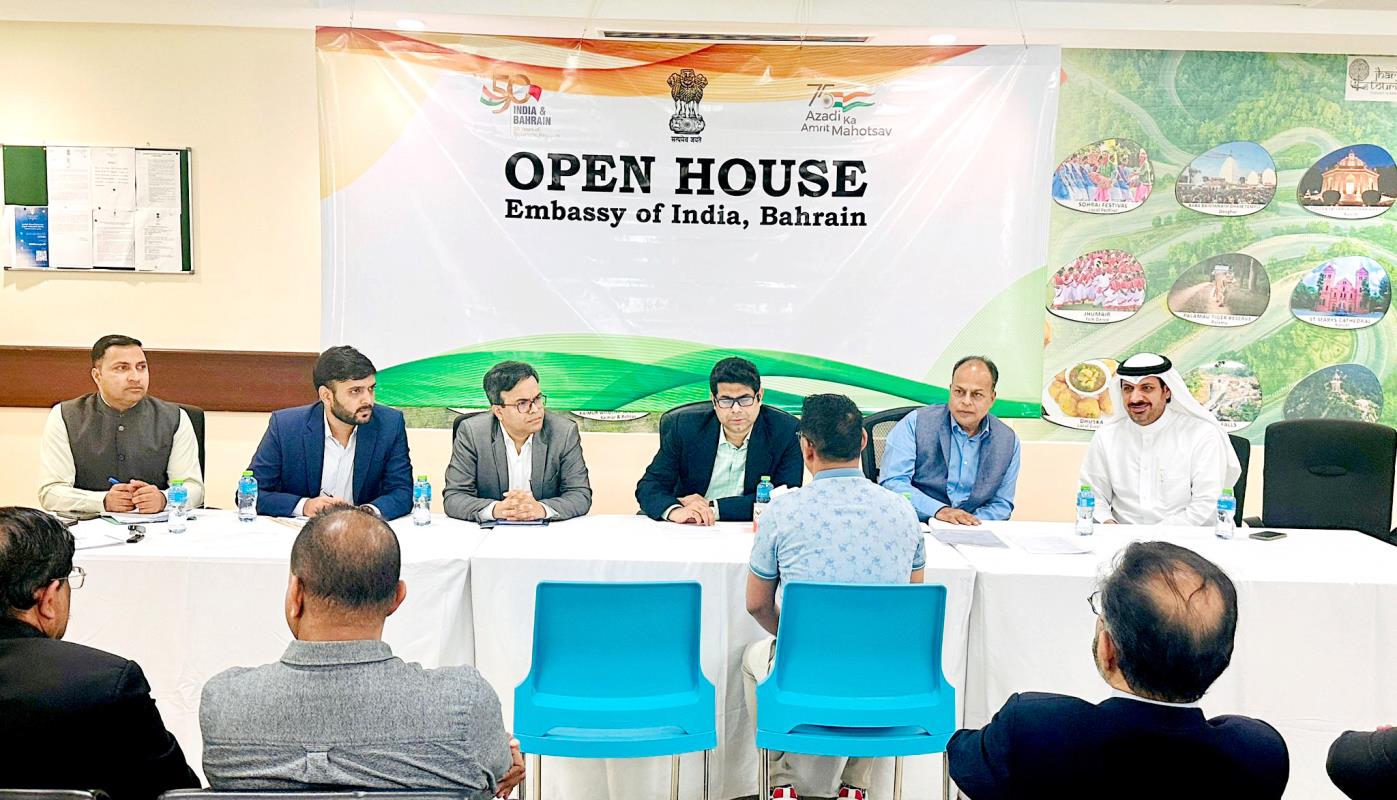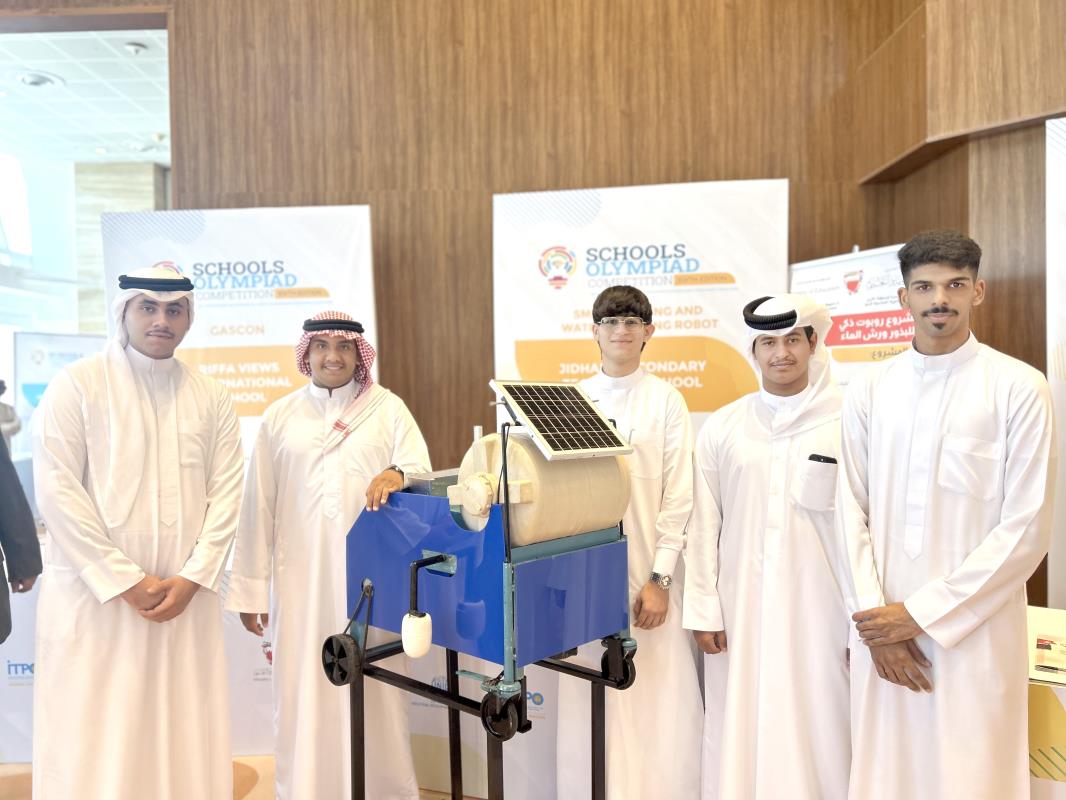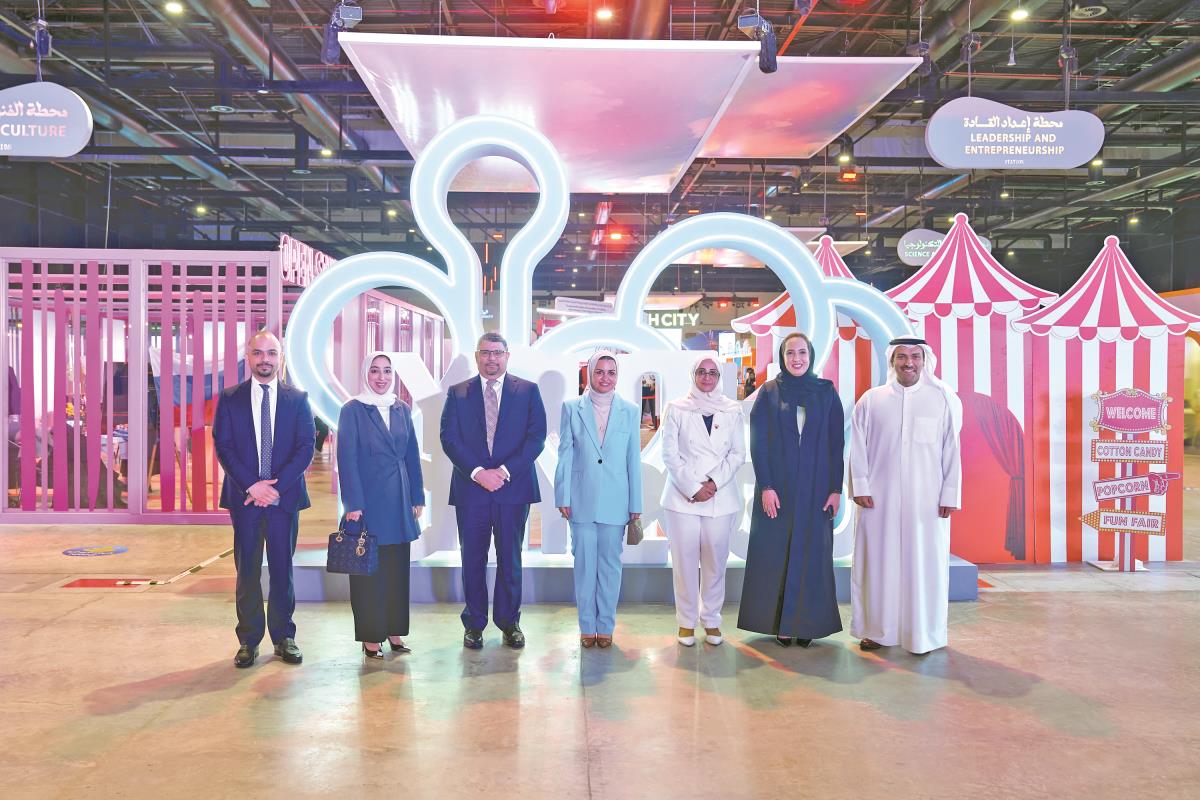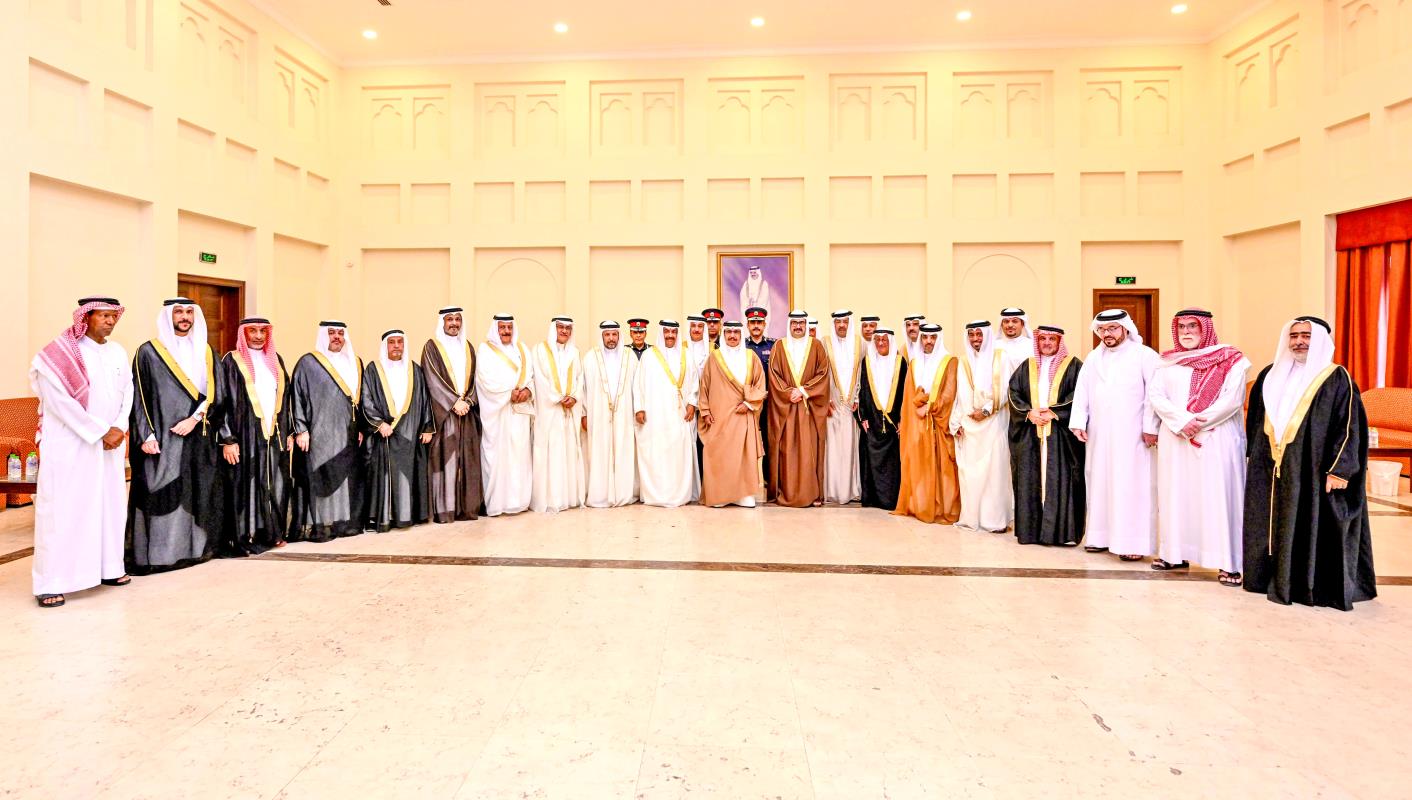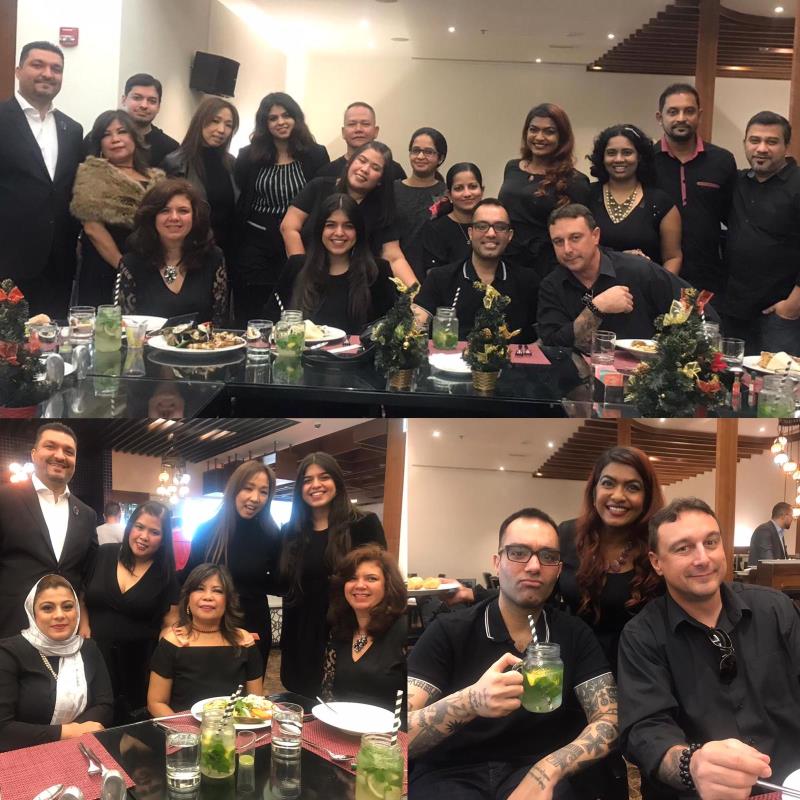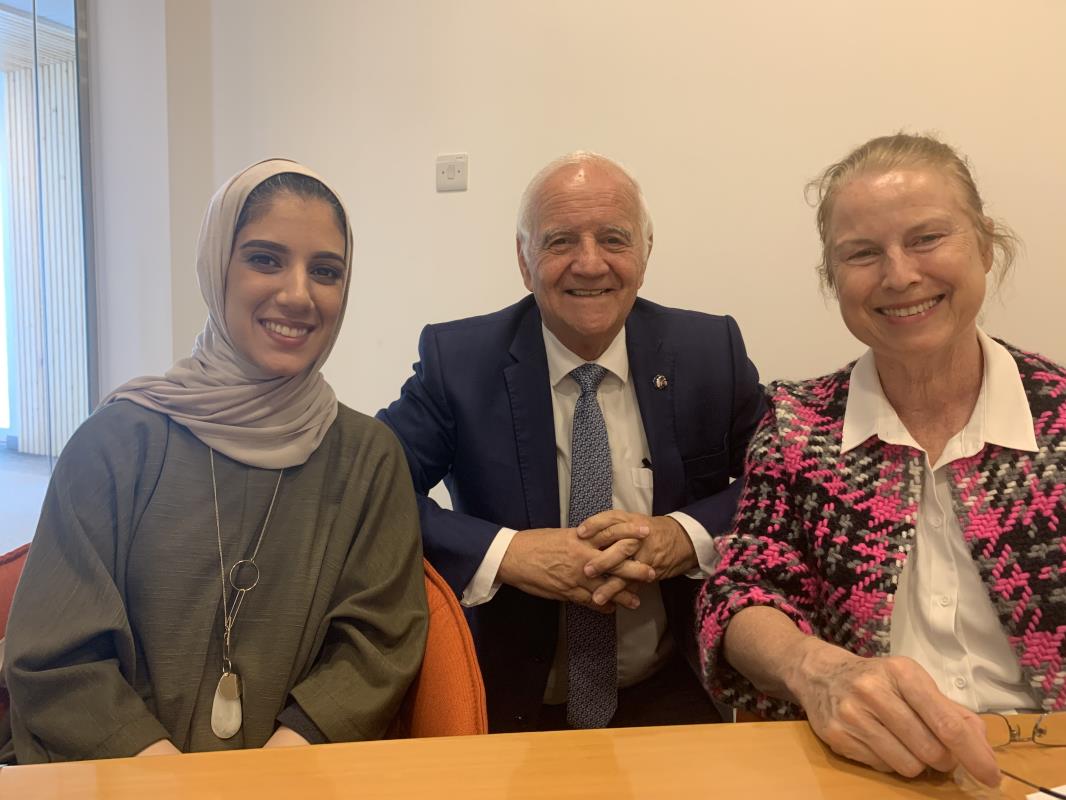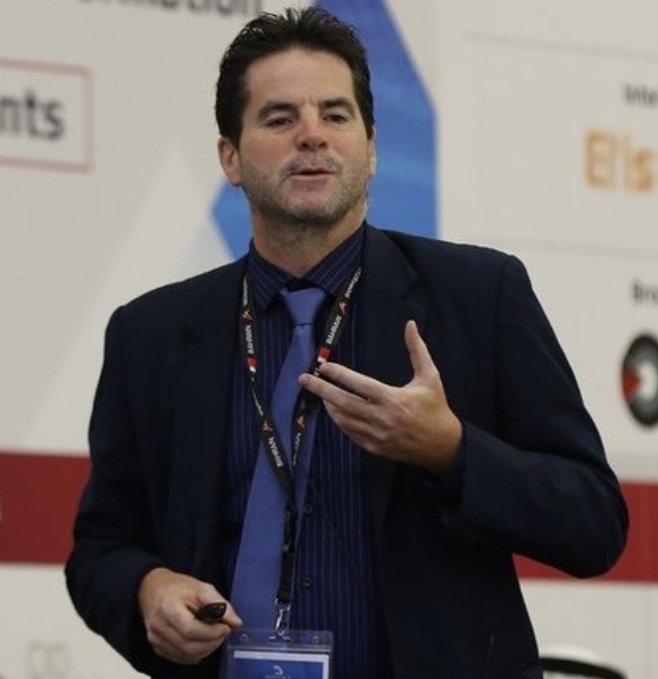
Global provider of enterprise software products and services, the leading third-party support provider for Oracle and SAP software products and a Salesforce partner, today announced the Gulf Co-Operation Council (GCC) States’ IT spending habits: The 2022 IT Buyer Sentiment Survey. 72% of CIOs and CTOs agree digital transformation investments are key to their success and 52% expect to see return-on-investment (ROI) in one to two years, underlining the urgency for change. However, a staggering 76% of respondents admit that up to 50% of their licensed enterprise software applications go unused, suggesting there is significant room to optimize existing business applications.
“The findings in the GCC are very similar to a global study we did in early 2020 with CFOs, who also say digital transformation investments are critical to their success,” said Emmanuelle Hose, group vice president and theatre general manager, Europe, Middle East and Africa, Rimini Street. “The major question facing GCC CIOs and CTOs is, ‘What is the best route to achieve modernization?’, because the study suggests there are doubts about the cloud and its ability to offer a smooth transition. Our report indicates there are opportunities to optimize existing applications and innovate at the edge, which we can help clients with by offering unified support so that they can focus on change.”
Impatience to Innovate
Across the region 15% of respondents say digital transformation is their number one priority compared to other corporate priorities, but there is some variance across the region:
Oman – 23%
Kingdom of Saudi Arabia (KSA) – 22%
Bahrain – 18%
UAE – 13%
Qatar – 8%
Kuwait – 4%
This raises questions over the value of highly complex, disruptive migrations of core enterprise resource planning (ERP) applications to their Software-as-a-Service (SaaS) equivalent, as such projects often take many years to complete. Particularly, for large corporations in the GCC with multiple ERP systems on different versions, such wholesale change may impact productivity and revenue generation at a crucial time when growth is essential to long-term business sustainability. Increasingly, Rimini Street is seeing clients worldwide address the need for change while minimizing disruption by innovating at the edge rather than attempting a ‘rip and replace’ of existing in-house applications.
CIOs and CTOs in the region want innovation with security and privacy protection as the number one priority for IT initiatives, followed by next-generation disruptive technology initiatives, risk management and compliance, and revenue-generating technology initiatives. The challenge is choosing a strategy that allows them to move with agility and at pace, targeting innovation where it will be most effective. For example, the survey highlighted managers’ concerns over losing their existing application customizations in any IT upgrade. Rimini Street is finding its clients can address this issue by adopting its third-party support, as having the reassurance of Primary Support Engineers (PSE) with an average of 20 years of specialized experience means they can be confident that existing applications will be fully supported while they focus on transformation. Rimini Street enjoys a customer satisfaction rating higher than 4.9 out of 5.0 for case surveys, and guarantees 24/7/365 support with a maximum of 10-minute response times for critical (Priority 1) issues and an average response time of less than two minutes.
Rimini Street’s globally leading expertise in customized support for modified code, with direct knowledge of unique environments and modifications, helps clients reallocate their enterprise application support resources from supporting customizations to innovate at the edge.
“We appreciate that most companies want and need to customize their ERP system for performance and differentiation, but often lack the right software vendor support, which does not typically include customization support in standard maintenance programs. This forces the need to hire expensive, external consultants or dedicate internal resources to support business-critical, customized code,” says Taher Haj-Yousef, regional manager Middle East, Rimini Street. “By switching to third party support, clients alleviate these challenges and avoid highly disruptive change. It also demonstrates that there is a clear alternative path to modernization by optimizing existing applications and innovating at the edge.”




















































